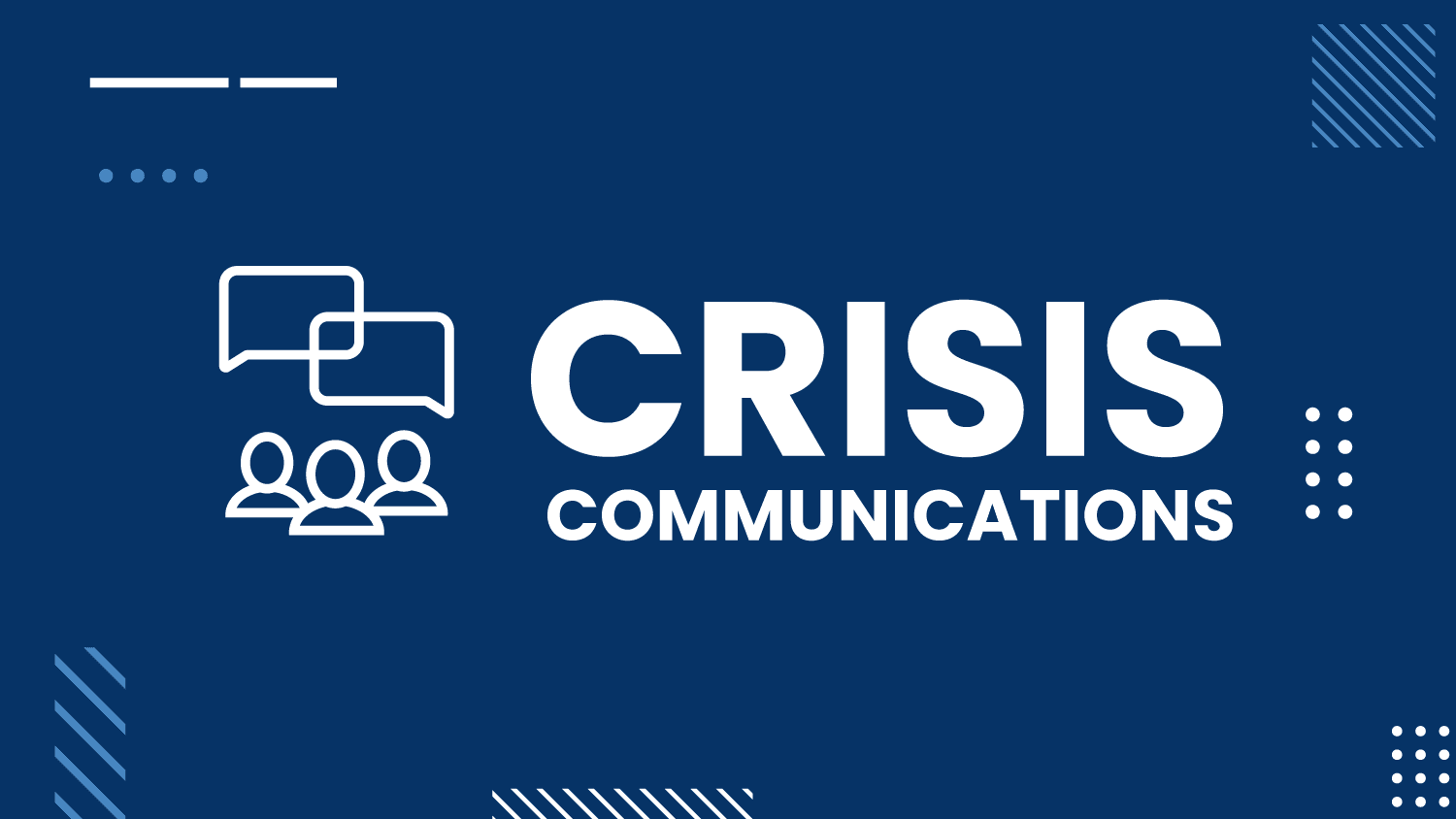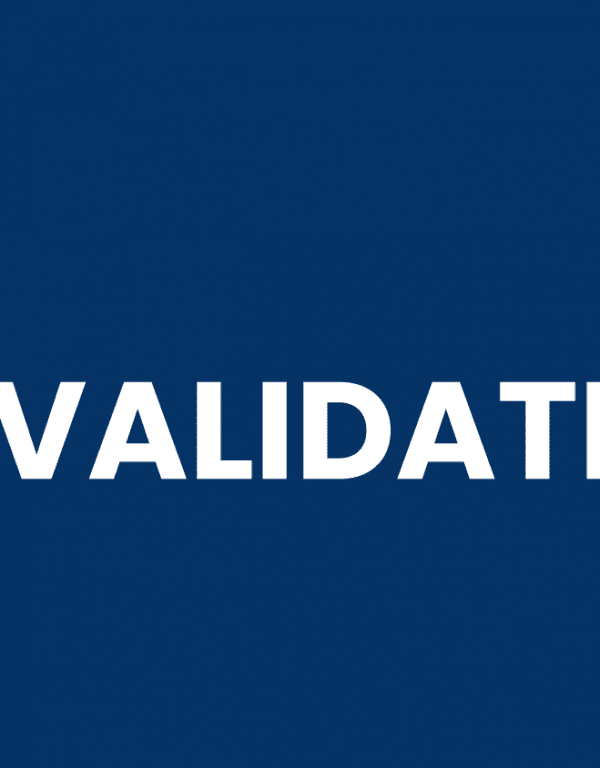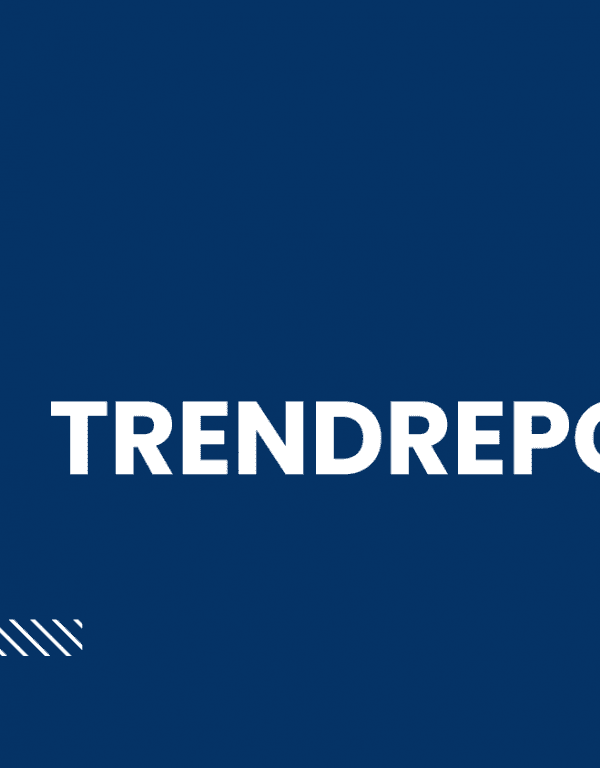
Last week, someone working for Chrysler’s social media agency accidentally dropped the f-bomb in a tweet from Chrysler’s Twitter account, @ChryslerAutos.
You can read about it in Matt Wilson’s article in Ragan.com’s PR Daily, “F-bomb appears in Chrysler’s official Twitter account.”
In his follow-up article, Matt asked some worthwhile questions:
- Did Chrysler overreact to accidental f-bomb tweet?
- Should the automaker have fired the social media manager who sent an offensive tweet?
- And could it have been spun into a positive?
Matt points out that when something similar happened to the American Red Cross, “who turned a tweet about beer meant for a personal account into sympathy and blood donations.”
But I don’t think the situations are analogous.
For one thing, there’s a big difference between what was posted on the Red Cross’ Twitter feed and Chrysler’s — namely the latter used the F-bomb. (You can read about the Red Cross’ rogue tweet here.)
I think Chrysler couldn’t just brush it aside and make a joke of it.
It’s one thing for Melissa Leo at the Oscars or Steven Tyler on “American Idol” to let loose, but it’s quite another for a company selling an expensive item to a mainstream population.
Plus, a brand has to earn the ability and the trust to joke with its constituents.
And while I enjoyed driving a Jeep for a long time, Chrysler’s brand is not a jokey brand (as opposed to most domestic beers and alcohol brands, and, surprisingly, some insurance companies). Which is to say that we don’t expect Chrysler to be making jokes — so if they had tried to joke away the F-bomb, I think it would have fallen flat.
More than that, I doubt the internal culture at Chrysler is one that would feel like turning this gaffe into a joke. This is not a judgment of Chrysler’s culture. Just some companies can’t tell a joke.
What’s interesting about social media, especially as illustrated by this situation, is that each organization operates a bit differently. Everyone’s learning and a lot of companies are making mistakes. But each company’s culture, resources, capabilities and relationships are different so that two companies in the same sector may operate and behave quite differently.
And that’s ok. It shows that an organization’s focus and values truly are important and that when communicating your organization culture and personality, it’s critical to truly understand that culture and personality.
Let me know what you think.
In the meantime, for some good steps for how to handle a mistweet, check out “It’s Okay to Mess Up” by Beck Johns.



